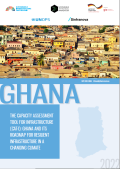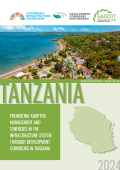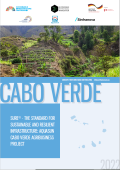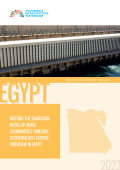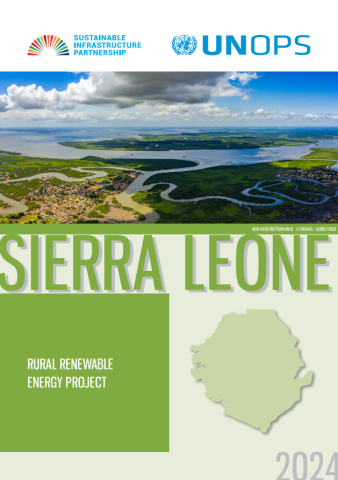
The case study details how the Rural Renewable Energy Project in Sierra Leone significantly improved energy access and empowered communities, particularly women, through sustainable infrastructure development in rural areas.
The RREP was developed to support the Government of Sierra Leone's energy access objectives, aiming to supply renewable energy sustainably to underserved populations. Implemented by the Ministry of Energy with support from UNOPS and funding from the UK’s FCDO, the project proceeded in two phases. It focused on electrifying community health centers (CHCs) and rural villages through the installation of solar power systems, essentially creating 50 independent mini-grids. The project was instrumental in improving service delivery, particularly in health services, and building systemic resilience against future epidemics.
The case study further highlights how the RREP contributed to the empowerment of women and the enhancement of health services in rural Sierra Leone. By providing reliable electricity to critical health facilities, the project enabled 24-hour healthcare services, improving maternal and child health outcomes. The participation of women was emphasized through a Gender Action Plan, which included consultations with women at all stages of the project and training opportunities for female workers in construction and maintenance roles. The initiative not only fostered social inclusion and economic empowerment but also set an example for similar projects in other countries, showcasing the potential for advancement and replicability in promoting sustainable infrastructure.
Guiding principle #6 Equity, Inclusiveness and Empowerment, from the International Good Practice Principles for Sustainable Infrastructure.

